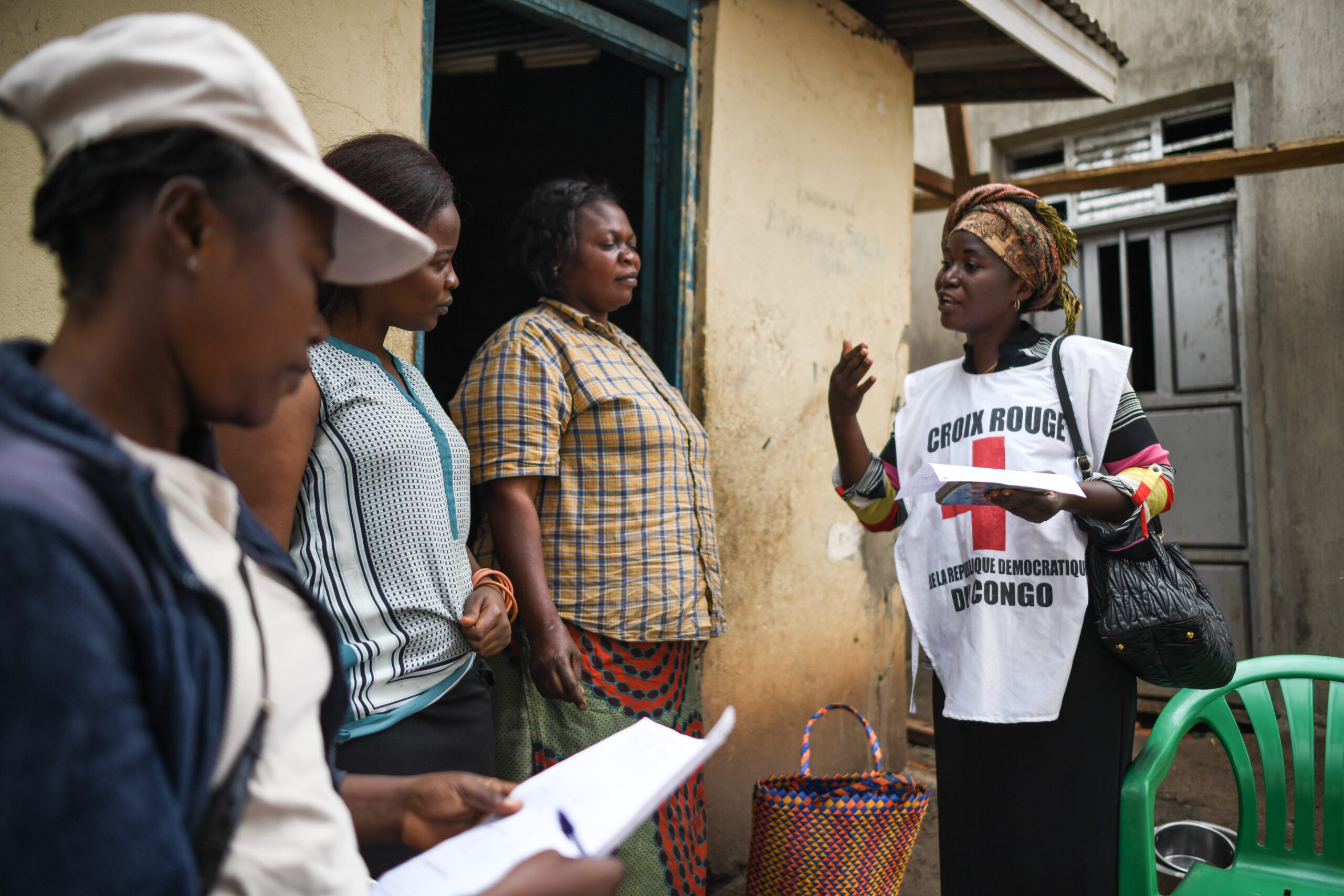Warnings Briefing Note: Community-based early warning systems

Community-based early warning systems (CBEWS) provide community members with the information they need to assess the risk they are facing and make decisions to protect their lives and livelihoods. CBEWS are essential for achieving “early warning for all” as they help bridge the gaps in coverage of national early warning systems that often exclude communities with limited resources and infrastructure.
This Warnings Briefing Note, supported by the Global Disaster Preparedness Center/IFRC and produced by UCL Warning Research Center, provides an overview of community-based early warning systems (CBEWS). The note covers important aspects, such as current best practices, key issues, and examples to assist policymakers and practitioners.
Other Briefing Notes in the series can be found here.
